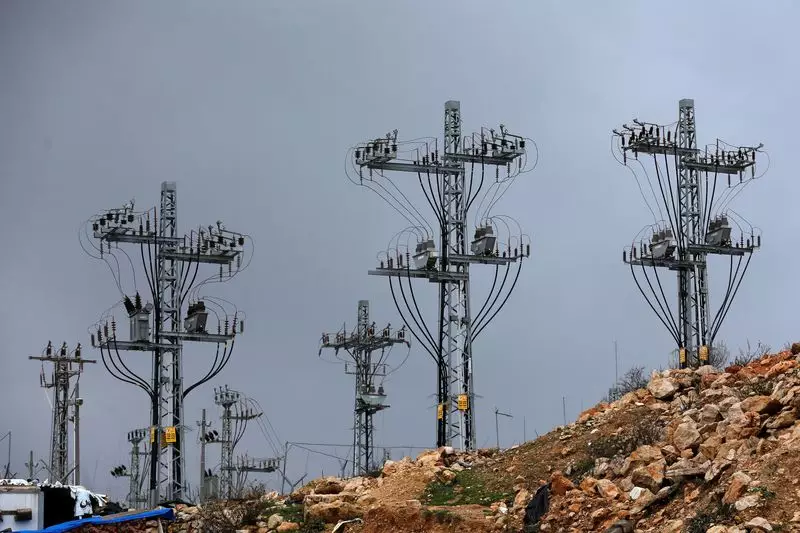The complexities of financial exchanges between Israel and the Palestinian Authority (PA) illustrate the convoluted relationship between these two states amid ongoing conflict. Recently, Israel’s Finance Minister Bezalel Smotrich announced a strategy that sees tax revenues collected on behalf of the Palestinian Authority redirected toward paying off a significant debt owed to the Israel Electric Company (IEC). This move brings to light not only the pressing financial realities faced by the PA but also the broader implications of fiscal policies in regions marked by geopolitical instability.
According to reports, Israel routinely collects taxes on goods entering the occupied West Bank and subsequently transfers these funds to the PA. However, following the attack orchestrated by Hamas on October 7, 2023, which intensified the conflict in Gaza, Smotrich decided to withhold significant transfers intended for the PA. Specifically, a total of 800 million shekels (approximately $220 million) had been frozen, with plans to utilize these funds instead to settle the PA’s nearly 2 billion shekel debt to the IEC.
This decision demonstrates a tactical shift in the use of resources, where funds originally earmarked for administration and welfare in Gaza are being repurposed in response to escalating hostilities. It reflects a growing trend where fiscal measures are leveraged as tools of political pressure, revealing the extent to which economic stability is influenced by national security concerns.
Critics argue that Smotrich’s decision to withhold funds exacerbates the existing humanitarian crises in Gaza and puts undue strain on the PA’s ability to operate effectively. The PA, grappling with an already precarious financial situation, has been forced to pay only a fraction of public sector salaries—between 50-60%—as available funds dwindle. The Palestinian Finance Ministry highlighted that continuous deduction of funds by Israel, totaling over 3.6 billion shekels as of 2024, severely undermines the PA’s fiscal health and governance capabilities.
This financial withholding can be interpreted as a punitive strategy in response to perceived PA support for violent actions against Israel. However, the repercussions extend beyond mere penalties; they encompass an eroded public service infrastructure that disproportionately affects civilians in Gaza, compounding their suffering and potentially leading to further destabilization of the region.
Complicating matters further, the Palestinian Finance Ministry indicated an agreement with Norway regarding funds previously withheld from the PA. Approximately 1.5 billion shekels held in Norway are reportedly subjected to restrictions due to the PA’s financial support for Gaza. The arrangement involves releasing 767 million shekels to pay Israeli fuel companies and address electricity debts to the IEC.
Norway’s role highlights the potential for international influence in regional disputes; their involvement aims to facilitate access to crucial funds while balancing the interests of both Israel and the PA. However, these international measures often result in ambiguous outcomes, leading to a tricky balancing act that must consider both humanitarian outcomes and political realities.
As these financial arrangements unfold, one cannot overlook the broader ramifications of this cycle of economic dependency and political strife. The strategic use of withheld funds as a tool for imposing pressure may yield short-term results for Israel, but it risks long-term destabilization within Palestinian territories. The ongoing violence, coupled with financial distress, fosters an environment in which radicalization can take root, ultimately threatening the security of all parties involved.
As financial complexities continue to bind Israeli and Palestinian actions, international oversight may prove essential in mitigating consequences. Enhanced dialogue and clarity on fiscal policies could pave the way for more constructive engagements that prioritize stability and humanitarian needs above all. The story of funds and debts remains a critical chapter in understanding the larger narrative of Israeli-Palestinian relations. Addressing these issues with the gravity they deserve may open avenues for reconciliation, ultimately driving the quest for peace toward more tangible outcomes.

